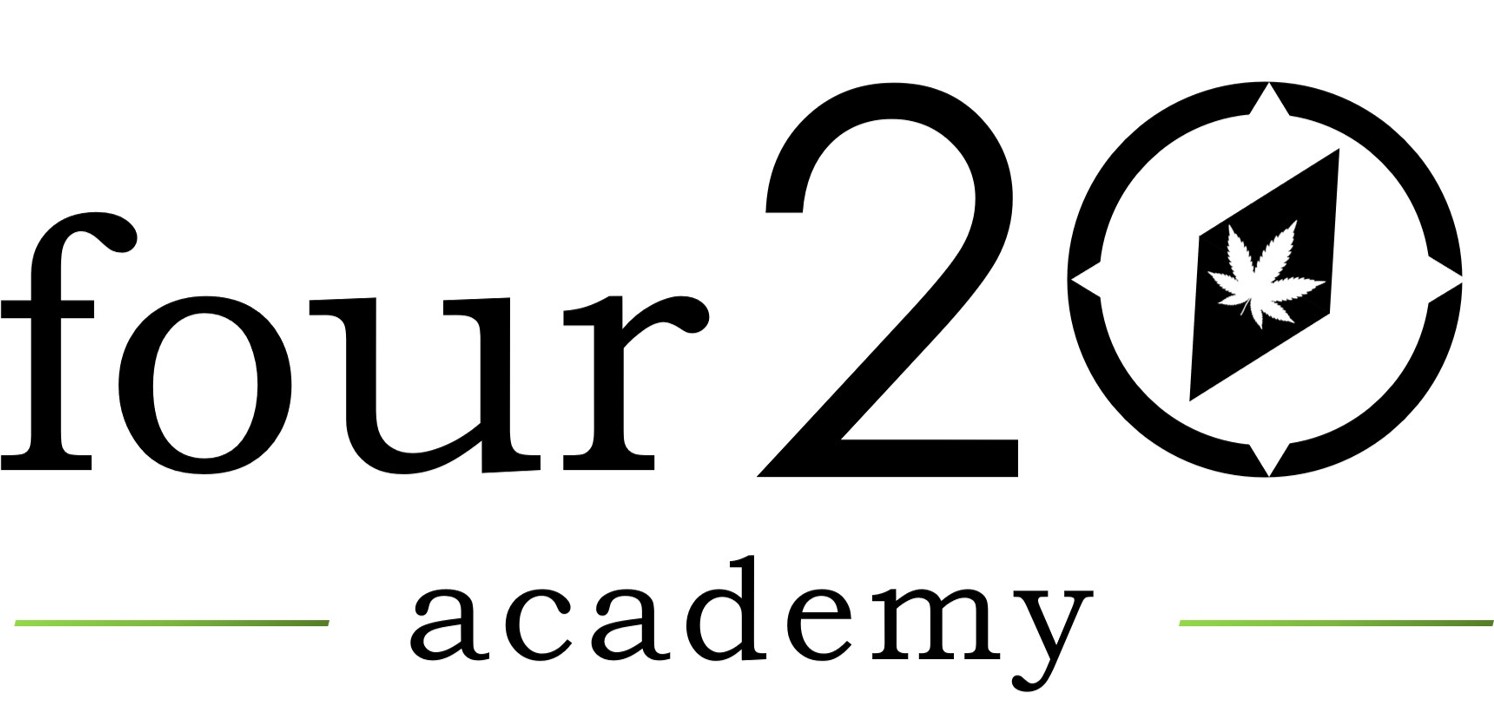Any learning that makes you better in the workplace needs to include skills that are generic, can apply to many jobs and industries, and that can derail your career if they are missing. In other words, you might be a master at the technical skills required for a specific job, but maybe you have poor teamwork skills, or have problems delegating and managing time effectively.
These kinds of skills, sometimes referred to as soft skills, are really essential to any person’s success. Without those skills, even a brilliant technician will have a hard time finding success.
Consider stress. Without recognizing and addressing stress, many will find their career goals derailed. Let’s take a look at:
- Understanding the origins of stress and knowing when it is present
- Identifying the physiological changes that come with stress, as well as how those changes impact your ability to perform well
- Better understanding the various ways we all respond to stress
- Creating a set of new responses and behaviors that diminish the negative impacts of stress

RECOGNIZING WHEN STRESS IS PRESENT
Imagine that one day your boss walks up to you and says “I like the way you’re doing your job – your work habits are perfect just the way they are. I don’t want you to change a thing. You’ll be getting a nice fat raise at this rate. Keep up the good work!”
And then … imagine that your boss instead walks up to you and says “I have BIG PROBLEMS with the way you’re doing YOUR job. Things are a disaster, and I’m not going to tolerate it another day. I want you to totally change the way you’re getting your job done to meet MY specifications, and I want you to change it NOW or there are going to be some very unpleasant consequences for you.”
IDENTIFYING THE PHYSIOLOGICAL CHANGES THAT COME WITH STRESS
The pressure to keep up great habits with an implied threat of what could happen if you don’t — is pretty stressful, even if it is a good kind of stress. Good stress can include new situations like buying a house, getting a new job, or even getting married. They are all some pressure to change, and they actually create some of the same physical responses we have to bad stress.
Bad stress is something we all experience, and our reactions to it are part of our physiological survival instinct. Think about the stress of pulling your hand from a fire, taking a rock out of your shoe, or being underwater and fighting to swim to the surface to find some air.
Good stress is called “Eu-Stress” and “Eustress produces positive feelings of well being, excitement, and satisfaction.
Bad stress is call di-stress. When that kind of stress is prolonged and overwhelming it can lead to mental and physical health problems. Of course, we don’t like feeling distressed.

UNDERSTANDING HOW WE RESPOND TO STRESS
For pre-historic humans, stress was a valuable response to serious danger.
Imagine being out hunting for dinner and coming face to face with a bear.
Your body’s stress hormones like adrenaline and cortisol kick in so that you can do what’s needed to survive: fight the bear, or run away as fast as you can.
It is the stress that gives you the energy to escape. But that stress response might be to make you freeze and not act.
Today that same stress may come from a different source – a fight with a loved one or an upcoming exam.
But our response, freezing us into inaction so we watch TV instead of getting to work … or propelling us with the energy needed to study for that big test… is still the same physiological response that it was 10 thousand years ago. Your body tenses up, your heart rate increases.
Is it good or bad for you?
What are your “bears”? Politics? Toxic bosses? Fear of disease?
Whether stress is healthy or not depends on how you manage it, and managing it well starts with recognizing stress responses that occur naturally.
Stress can help save your life or it can shorten your life. The difference is in understanding natural healthy stress and unhealthy chronic stress.
Chronic stress is the unhealthy state we may be in when good and protective survival responses become constant…..or when good things become bad.

CREATING NEW AND HEALTHY STRESS RESPONSES
Here are some strategies to help better master your own stress management:
Change some part of the environment when possible and appropriate. This external world approach to understanding what causes stress includes factors like the weather, the equipment we are operating, or the people around us.
Change the expectations and demands built into your thinking patterns when possible and appropriate. This internal world approach to managing stress involves things like pessimism, negative self-talk, or the need to be perfect.
Choose only those behaviors that maximize your body’s ability to cope with high stress when it is not possible to create significant external or internal changes to lower that stress. Try getting more sleep, meditate more, reduce habits like smoking and excessive drinking.
LEARN MORE
As the Four20 Academy team develops our upcoming Fall course offerings, we value your input. Are you looking for ways to improve your skills? Interested in certification programs that can advance your career? Wanting to share your expertise as part of our team of authors? Contact Us.

Recent Comments